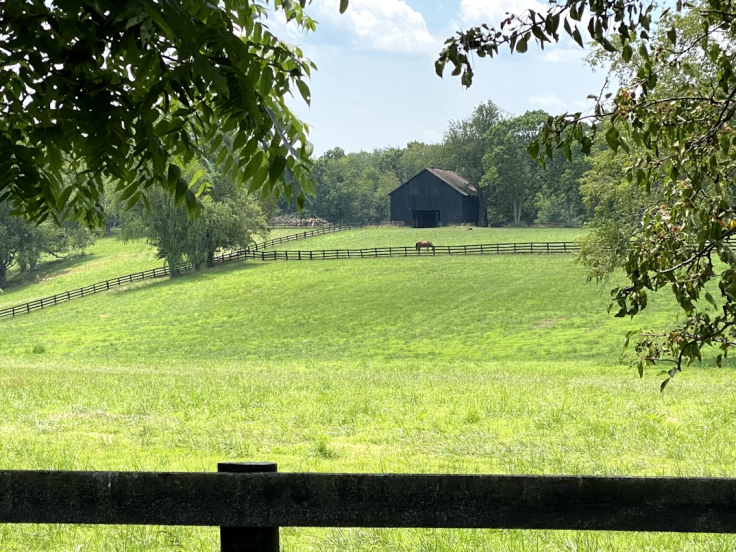In the picturesque hills of rural Kentucky lies Hazard, a tight-knit community grappling with economic uncertainties exacerbated by the coal industry's decline.
Against this backdrop, individuals like Haley Autumn Dawn Ann Crank aspire to pursue higher education yet find themselves hindered by geographic constraints and limited opportunities. As Hazard faces a shortage of teachers and other professionals, the need for accessible pathways to higher education becomes increasingly urgent.

Challenges of Access in Rural Kentucky
For Crank and many others in Hazard, the journey to higher education is fraught with obstacles. The absence of local four-year institutions forces aspiring students to confront daunting choices: endure lengthy commutes to distant universities or uproot themselves from their hometowns. These challenges are compounded by economic hardships and cultural barriers, perpetuating a cycle of limited opportunities and outmigration.
The coal industry's collapse has left a void in Hazard's economy, exacerbating poverty and unemployment rates. With traditional job opportunities dwindling, residents are keenly aware of the importance of higher education in securing stable employment and economic stability. However, the lack of accessible educational pathways leaves many feeling trapped, unable to pursue their aspirations without sacrificing their ties to their community.
READ ALSO : Addressing Challenges Faced By Rural Students In Higher Education And Proposing Support Initiatives
A Beacon of Hope: Expanding Educational Horizons
Recognizing the critical role of higher education in revitalizing rural communities, the Kentucky legislature has embarked on an ambitious initiative to bring baccalaureate degrees closer to home. The proposal centers on transforming Hazard's community and technical college into a standalone institution offering select bachelor's programs aligned with the region's workforce needs. By providing accessible pathways to higher education, proponents hope to empower individuals like Crank to pursue their dreams without leaving their hometowns.
The proposed college represents more than just an educational institution; it embodies a vision of economic revitalization and community empowerment. By leveraging the region's strengths and addressing its unique challenges, Hazard's College has the potential to catalyze positive change, offering residents a renewed sense of hope and opportunity.
Navigating Challenges, Embracing Opportunities
However, the path forward is not without its challenges. Financial considerations loom large, with the cost of building infrastructure and sustaining operations posing significant hurdles. Cultural barriers and entrenched attitudes towards higher education must also be addressed to foster a culture of educational attainment within the community.
Despite these challenges, proponents remain steadfast in their belief in the initiative's transformative potential. By providing accessible pathways to higher education, Hazard's proposed college could enhance economic prospects and instill a sense of pride and empowerment within the community. Success will require a collaborative effort that transcends political divides and embraces innovation and adaptation.
In Hazard, amidst its residents' rolling hills and resilient spirit, the vision of a thriving educational hub represents a beacon of hope for a brighter future. As stakeholders work towards realizing this vision, they embody the perseverance and determination that defines Appalachia. This spirit refuses to be determined by its challenges but rather by its capacity for innovation, resilience, and renewal.
As Hazard embarks on this journey to transform its educational landscape, it is a testament to the power of community-driven initiatives and the enduring spirit of rural America. In the face of adversity, Hazard stands poised to chart a new course toward prosperity and opportunity, demonstrating that anything is possible with determination and collective action.
RELATED ARTICLE : University Students From Rural Areas Strengthen Social Support Networks
© 2025 University Herald, All rights reserved. Do not reproduce without permission.








